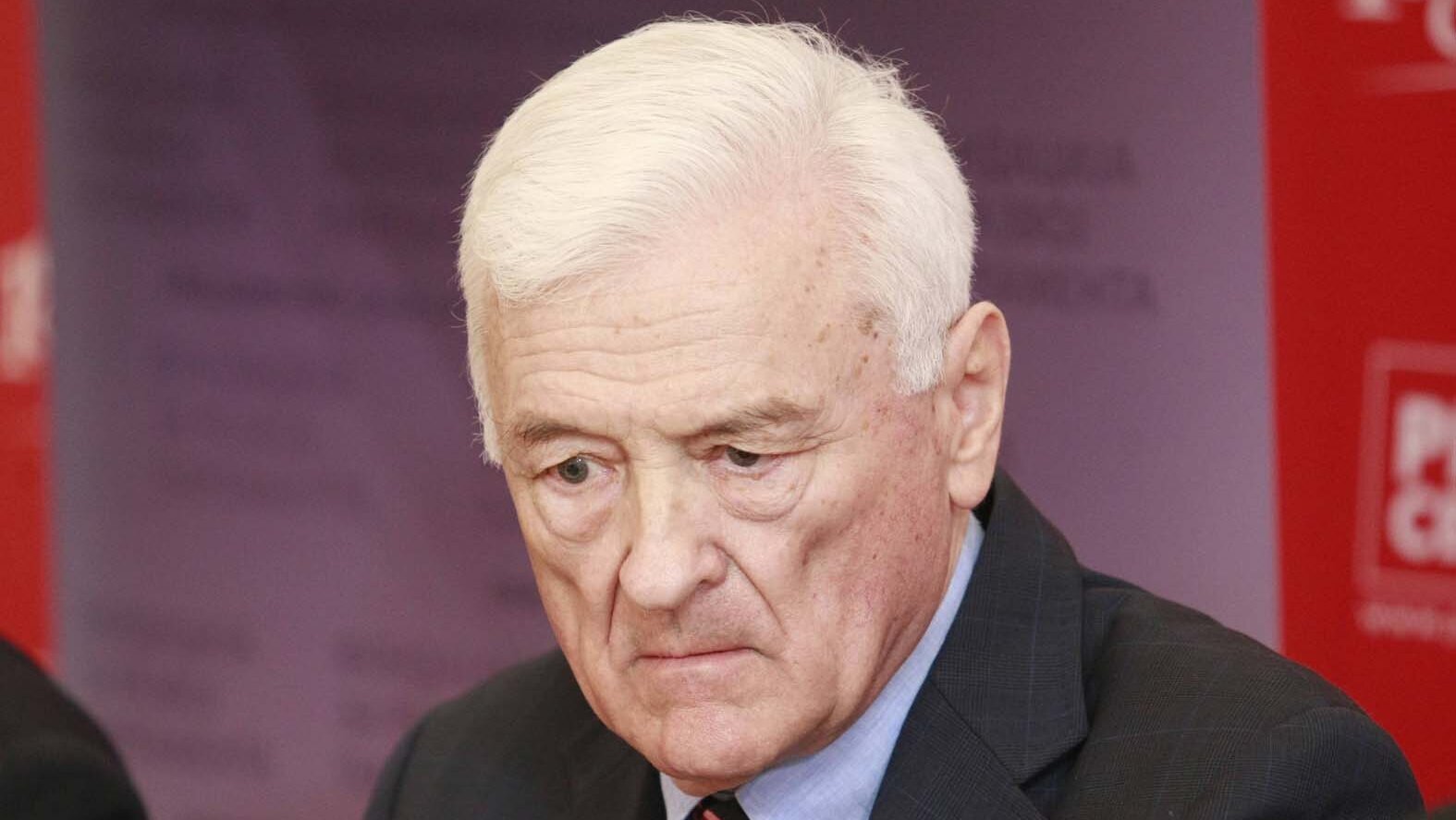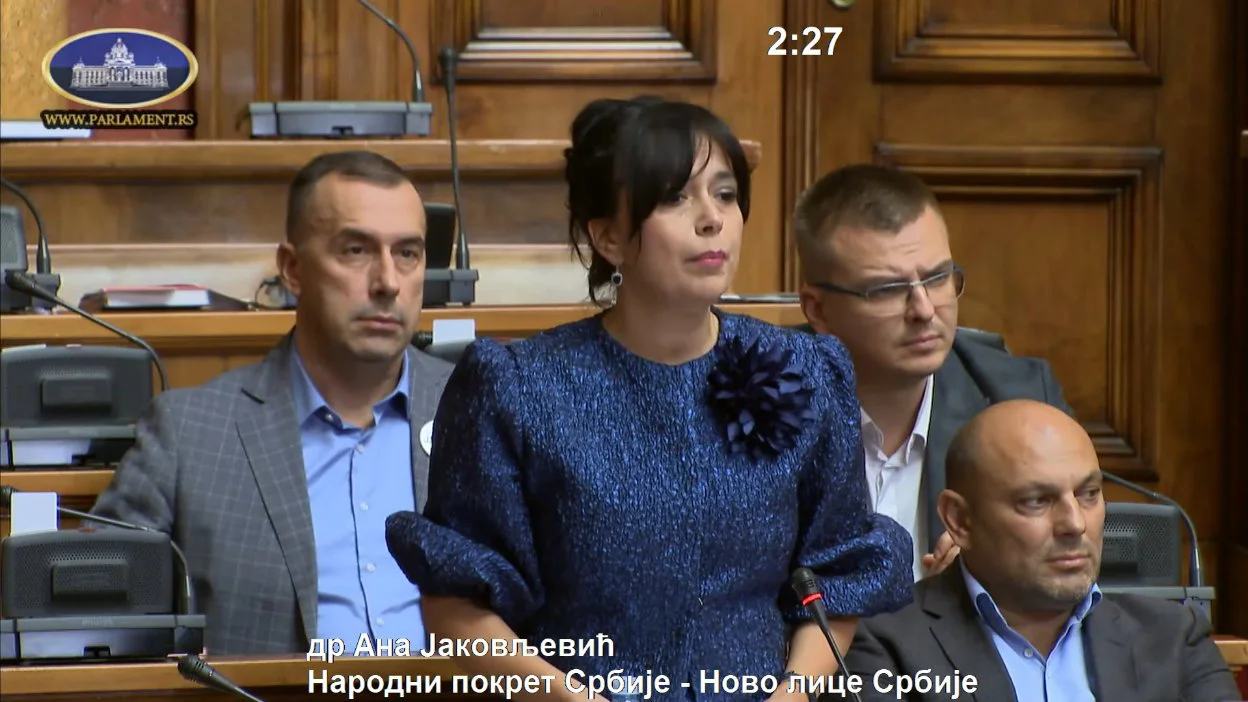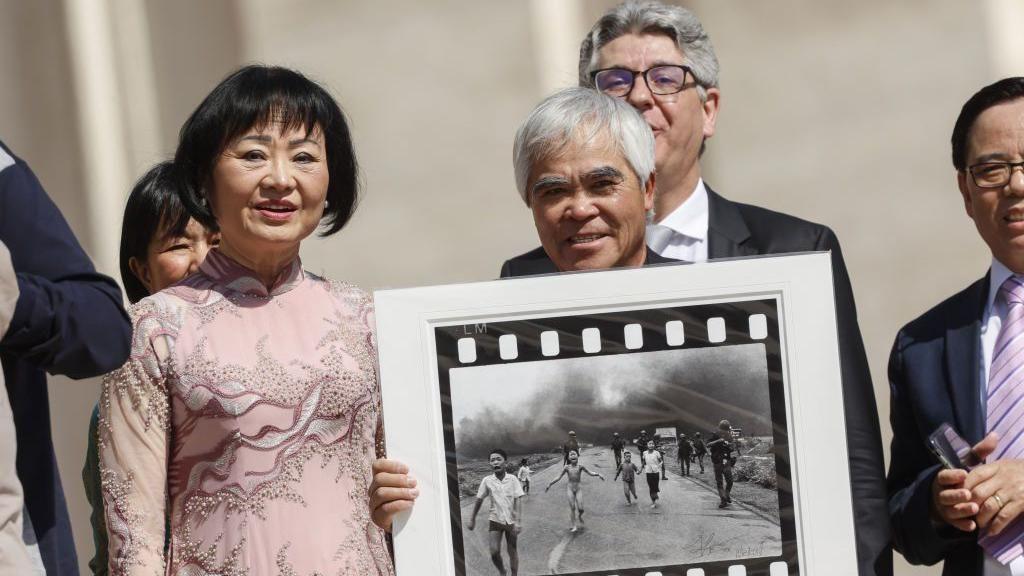University class blockade: What are the rights of teachers and teaching associates? – Personal views

The Government of Serbia is the salaries of teaching staff in higher education institutions, the decree reduced only 12.5 percent of previous amounts. The regulation was made contrary to Article 17. paragraph 1. the Law on Government, because it is in the technical term, except if their laws or if they require the needs of the state, the interests or natural, economic or technical misfortune.
It was a reason that more than 450 university teachers and their associates submit to the constitutional court to assess the constitutionality and legality of the Regulation, because classes were blocked by students, and without them in amphitheatures it is not possible.
Supporting students, teachers and co-workers continued to come to work despite the blockade, in accordance with the Academic Integrity, which insists on: Dignity of the profession, improvement of moral values, raising awareness and accountability of all members of the academic community and improving human rights and freedom.
Therefore, it can also be said that they also performed their work obligations, as well as that their initiative was the Constitutional Court and the legality of the Technical Government Regulation, established.
But the Constitutional Court is not what as an independent and independent state authority, he had to be. Since he succumbed to the political influence of the autocratic authorities, he became a stop and a reeled court, so it could not be expected that the initiative would be accepted.
That is why I will point out another possibility that is available to university teachers and associates. Teachers and associates of university teaching have, per head IX. Law on Higher Education, Employees’ Status, because the provision of Article 89. Paragraph 1 is: « in terms of the rights, obligations and responsibilities of employees at the higher education institution, a law governing work is applied, if this law is not different.
The law governing is – the Labor Law, and that systemic law in addition to earnings (in the public sector has the name of the salary) provides for the salary compensation, as well as a number of income (dietary holiday, severance pay, jubilee prize, solidarity aid …).
In this case, an alternative option is only a fee of earnings. Here’s why:
According to Article 116, paragraph 1. The employee shall be eligible for the minimum earnings in the previous 12 months, with this Law during the termination of work, ie the decrease in the volume of employee, the longest 45 working days in the calendar year.
Since teaching blocks did not cause university teachers and teaching associates, the right to this fee cannot be disputed. But according to Article 116. st. 2. and 3. The Labor Law – can be conditioned if the interruption requires longer than 45 working days. Then the prior consent of the line minister is required, and he is obliged to request an opinion of a suitable representative union before declaring.
The right to compensation is being achieved by a lawsuit of employee in the work dispute, according to Article 22, paragraph 3. The Law on Arrangement of Courts is resolved – the Basic Court. This lawsuit can also submit one and more employees in the capacity of the rival. I would still not, because there are lawyers and judges specialized in resolving labor disputes.
In the autocratic state, neither this way of achieving rights is not entirely reliable, because political influence leverages are also going according to regular courts. But prospects of success are higher than in the proceedings before the Constitutional Court, because the judges of regular courts began to be, as evidenced by over 500 of their signatures on the support of supported students.
However, it should be persevered in exercising the rights and before the Constitutional Court and before the regular court, as this also contributes to the crucial student request that state bodies perform the competence they have in the Constitution and laws.
The author is a former judge of the Supreme Court and a retired university professor
The author’s attitudes in the dialogue not necessarily reflect the editorial policy of Danas.
Follow us on our Facebook and Instagram page, but also on X account. Subscribe to PDF List release today.






/s3/static.nrc.nl/images/gn4/data133317775-d0126f.jpg)
